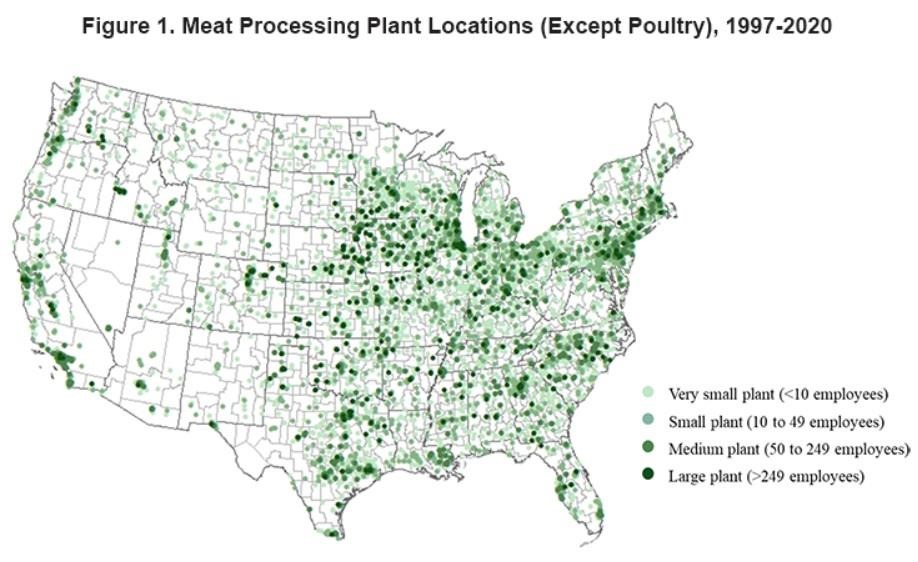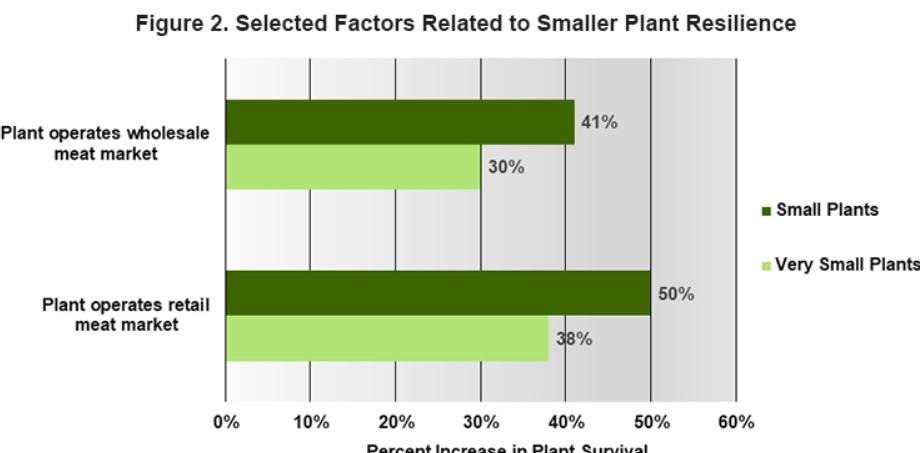Climate experts say summer nights have gotten warmer. One study found the average minimum temperature in the United States has gotten warmer by 2.5 degrees over the last 50 years. For farmers, this means crops and livestock could suffer.
This summer, warm nights hurt Kansas farmers and ranchers. Thousands of cattle were killed in June and the corn crop is doing poorly.
“They didn't successfully pollinate and they didn't even put ears of corn on,” said Chip Redmond, a Kansas State Extension meteorologist.
Since 1970, the average minimum temperature across the United States has gotten warmer by 2.5 degrees, according to a study by Climate Central. Dennis Todey, director of the USDA’s Midwest Climate Hub, said that in the Midwest low temperatures have changed more than high temperatures over the past century.
“The consistent message all across the Midwest in the summertime is that our nights are getting warmer,” he said.
This is largely driven by moisture in the atmosphere. Cloud cover is causing more and faster warming at night than during the day. In the Midwest, much of this moisture comes from the Gulf of Mexico and from “corn sweat” — evapo-transpiration of corn takes moisture out of the soil and puts it into the atmosphere.

This graph shows how the average minimum temperature has increased in the United States over the past 50 years.
Cattle impact
In June, cattle in western Kansas experienced heat stress caused by a rapid change in temperature. The cattle had not yet shed their winter coats and the warm nights did not allow the cows to cool down overnight.
University of Missouri Extension veterinarian and cattle rancher Scott Poock said that cows are most comfortable when temperatures are between 40 and 65 degrees. Anything more will cause the cows to expend energy trying to get cool. They may also lose their appetites or stand longer than they should to increase respiration.
“If they don't eat as much, it's gonna affect their milk production,” he said. “And because they're standing longer, they're gonna have an increased chance of becoming lame.”
Warm nights can also affect reproduction. Too much heat can stress the embryo and can also decrease semen quality in bulls.
“Missouri producers should try to breed cows prior to when it gets really hot, because it gets difficult when it gets so hot, especially when it stays hot during the night,” Poock said.
For dairy ranchers, heat abatement includes using sprinklers and fans to cool down the cows. Warm nights can change the schedule for that.
“That's something that dairymen need to know is sometimes we think, ‘well, it's gonna cool down at night. Maybe I don't run my sprinklers at night,’”he said. “But actually, in Missouri during the summer heat abatement needs to continue right through the night.”
Poock said that for beef ranchers who don’t find it worth it to invest in fans and sprinklers, breeding for short hair is important. Cows with so-called slick coats are better able to tolerate the heat.

Scott Poock
Cattle can be bred for slick coats to help them withstand heat. This cow sheds its longer winter coat for its slick summer coat when it warms up.
Crop impact
High overnight temperatures can also negatively impact crops such as corn, wheat, rice, and barley. Warmer overnight temps increase the crops' respiration, leading to increased water use. Crops may also use carbon that's usually used to develop grain cells, which can mean a lower yield.
For corn, it’s particularly dangerous when warm nights occur during the pollination stage, said Mark Licht, an extension cropping specialist with Iowa State University. Cooling off at night during this stage help produce higher yields, so the timing of those high overnight temperatures makes a difference.
“Ideally what we want is temperatures that are above normal during the vegetative growth period — basically up until about a week before pollination,” he said. “So at pollination or slightly before, we'd really like to see temperatures go below normal.”
Chip Redmond said warmer temperatures hitting Kansas in July was especially bad timing. The conditions were dry and cloud cover led to warm nights during the silking stage.
“It never really gave the crop a chance to breathe, very similar to what happened in June with the cattle, except this time it was really badly timed with corn in Kansas,” he said.
Click here to see more...